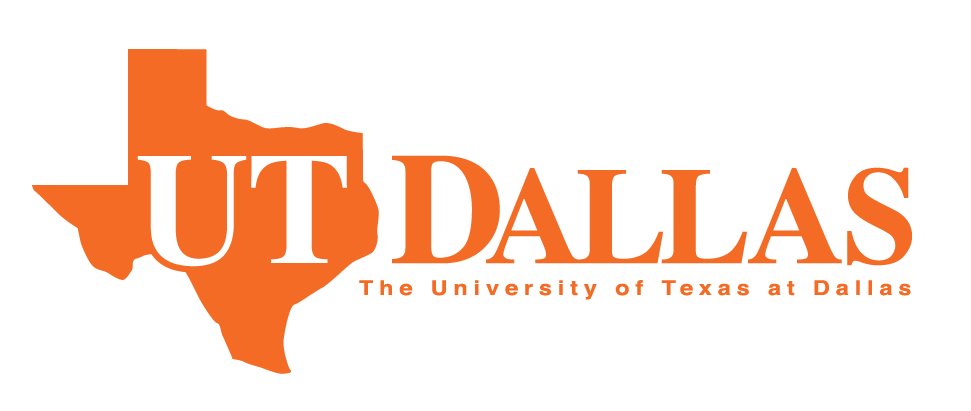
I am a Ph.D. candidate in finance at the University of Texas at Dallas. I am on the 2025-2026 academic job market.
AFA PhD Student Travel Grant, 2026
Northern Finance Association PhD Travel Funds, 2025
European Finance Association Travel Grant, 2024
JSOM Dean's Excellence Scholarship for Current Students, University of Texas at Dallas, 2024–2026
Doctoral Student Scholarship, University of Texas at Dallas, 2019–2024
Graduate Research Fellowship, University of Texas at Dallas, 2020–2021
Instructor
FIN 3320 Business Finance - Summer 2023, Spring 2024
Teaching Assistant
FIN 4300 Investment Management - Fall 2021, 2022, 2023
FIN 3350 Financial Markets and Institutions - Spring 2022, 2023
FIN 6325 Macroeconomics and Financial Markets - Spring 2022, 2023
FIN 6360 Derivatives Markets - Fall 2022
FIN 4340 Options and Futures Markets - Fall 2022
FIN 6368 Financial Information and Analysis - Fall 2021
REAL 6321 Introduction to Real Estate - Fall 2021
REAL 3305 Real Estate Principles - Fall 2021
FIN 6353 Financial Modeling for Investment Analysis - Spring 2020
FIN 6318 Analytics of Finance - Spring 2020
FIN 4310 Intermediate Financial Management - Spring 2020
MECO 6312 Applied Econometrics and Time Series Analysis - Fall 2019
Address: 800 W Campbell Rd JSOM II, Richardson, TX 75080
Email: zhuowei.huang@utdallas.edu